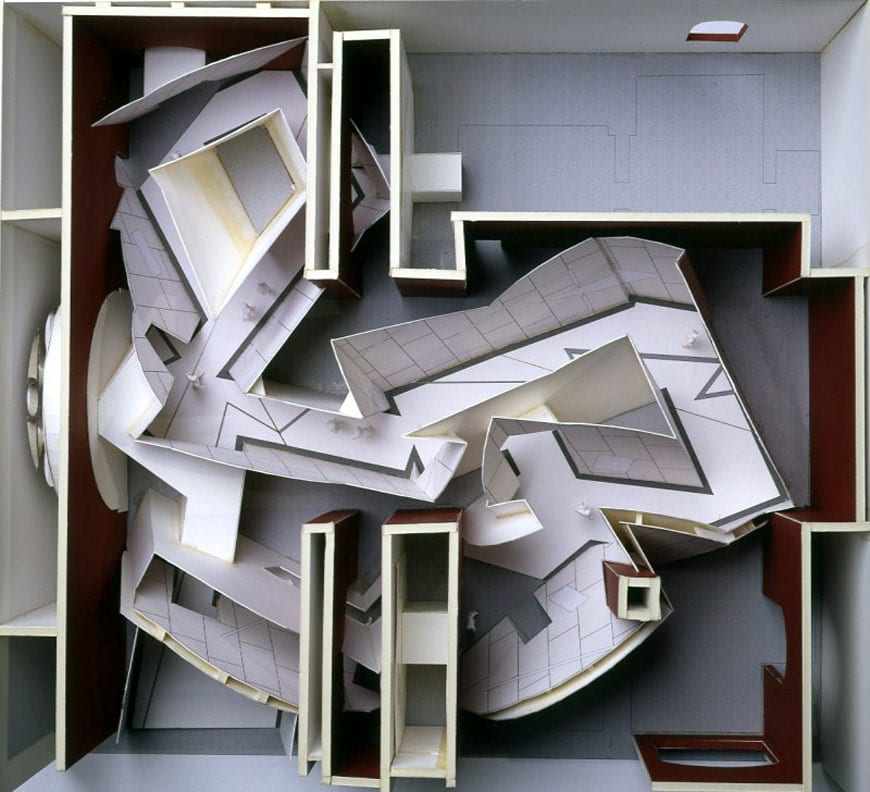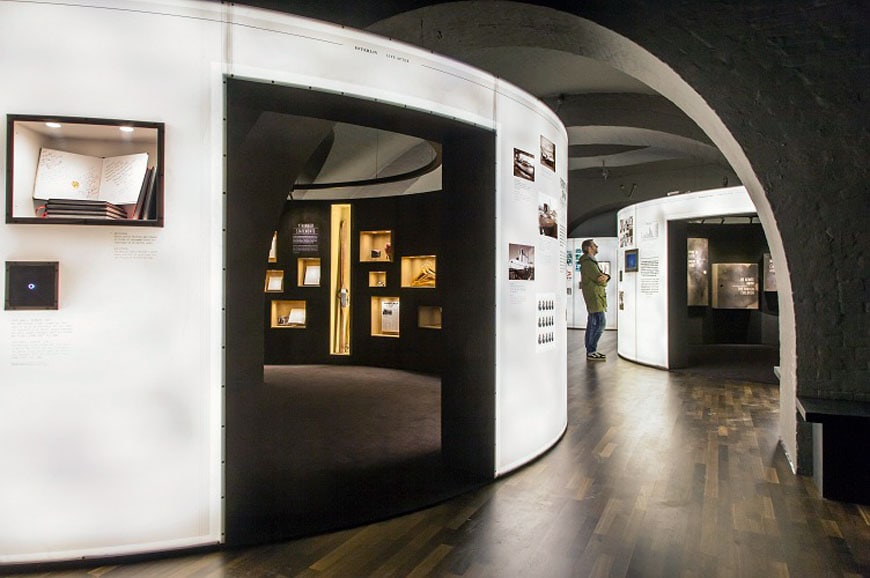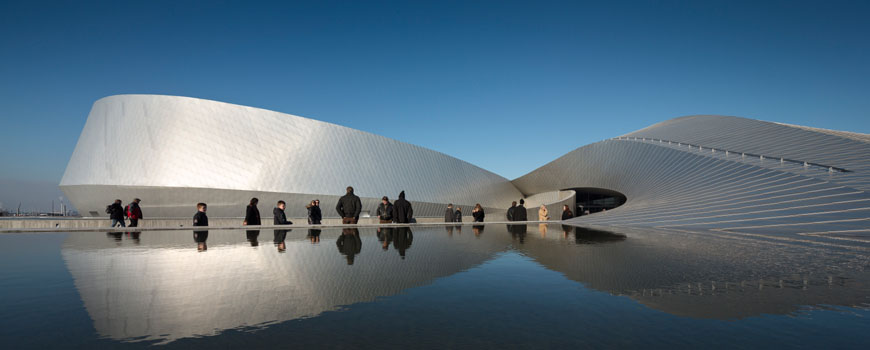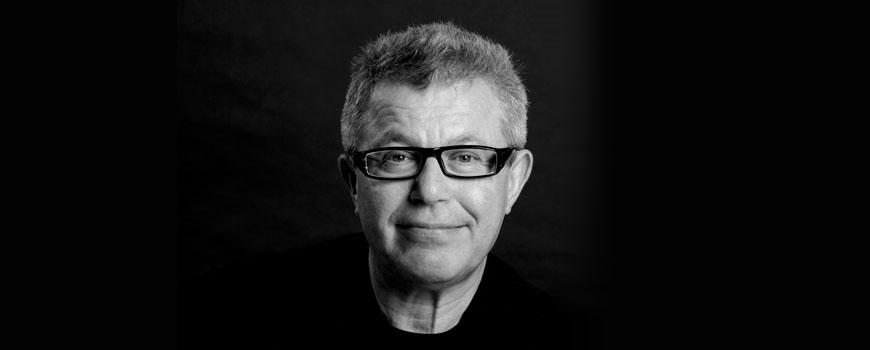Danish Jewish Museum, Copenhagen – Daniel Libeskind
Hovedstaden, Denmark
How our readers rate this museum (you can vote)

The Danish Jewish Museum (Dansk Jødisk Museum) is a museum in Copenhagen dedicated to the long history of the Jews in Denmark.
Opened to the public in 2004, the museum is housed in the Royal Boat House, an early-18th-century building, which was incorporated into the Royal Library of Copenhagen at the turn of the 20th century, whose internal architectural layout has been completely redesigned by Polish-American architect Daniel Libeskind.
In 2022, the museum’s exhibition was renovated, and a new entrance, also designed by Libeskind, was added.
Above, an interior view of the Danish Jewish Museum in Copenhagen; photo by Bjarke MacCarthy
The new entrance of the museum, inaugurated in September 2022; photo by Bjarke MacCarthy
Unlike other Jewish museums designed by Libeskind, the Danish Jewish Museum is a bright and lighthearted space, inspired by the concept of Mitzvah (a Hebrew word with various meanings such as a good deed, commitment, and precept).
This is due to the particular history of the Danish Jews who “were, by and large, saved through the effort of their compatriots and neighbors during the tragic years of the Shoa” (Daniel Libeskind).
The museum layout is organized by four “planes” or dimensions – entitled Exodus, Wilderness, the giving of the Law, and the Promised land – which symbolize the different histories and the dynamics of Jewish culture, and by a fifth plane which interconnects them physically and ideally and represents an element of unification.
Conceptual sketch of the relationship between the museum and the word Mitzvah; courtesy of Studio Libeskind / Danish Jewish Museum
Museum’s plan by Studio Libeskind
Model of the interior layout of the museum by Studio Libeskind
The museum’s permanent exhibition presents four centuries of Danish Jewish history. The curators and Libeskind conceived it like a central written text surrounded by commentaries, a conceptual structure inspired by the Talmud.
To further indicate the influence of the written word on the architectural space, the main corridor of the museum is shaped in the form of the four Hebrew letters from the word Mitzvah (מצוה ).
The exhibition features items related to Jewish life in Denmark from the museum’s 5,500-piece collection, comprising artworks, everyday objects, textiles, clothes, religious objects, photographs, historical documents, films, and sound recordings.
The 4,800 square-foot museum building, along with exhibition spaces, also houses a shop and a cafe, which have been conceived as an integral part of the exhibition.
The Danish Jewish Museum also hosts temporary exhibitions, guided tours, educational programs, and special events
Views of the Danish Jewish Museum interiors and permanent exhibition rooms; photos by Bjarke MacCarthy
View of the temporary exhibition HOME, photo © Ole Akhøj / Danish Jewish Museum
copyright Inexhibit 2026 - ISSN: 2283-5474


 (7 votes, average: 4.29 out of 5)
(7 votes, average: 4.29 out of 5)









